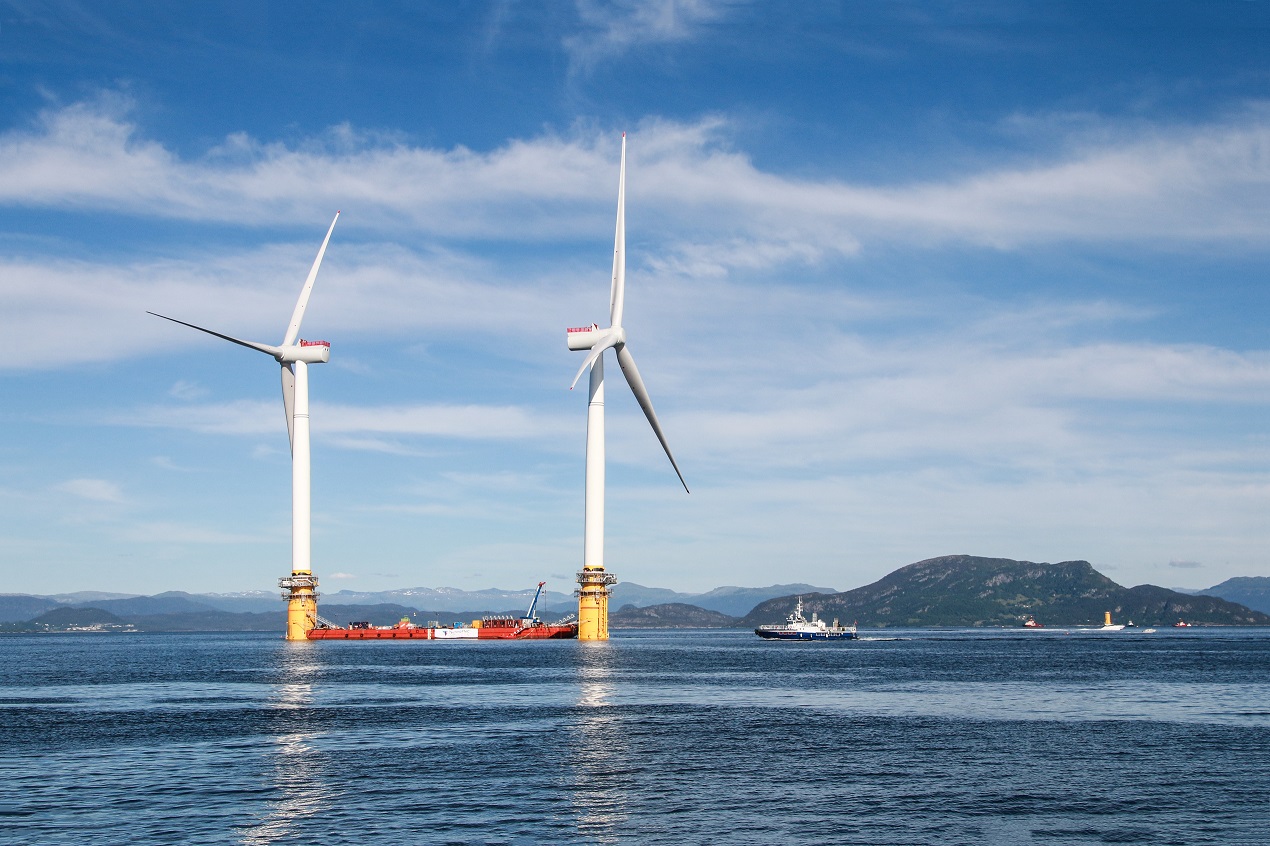The Energy Transition | DESNZ consultation overhaul to the Contracts for Difference Scheme
Published on 24th Feb 2025
Welcome to our top picks of the latest energy regulatory and market developments in the UK's transition to net zero.

This week we look at the DESNZ consultation overhaul to the Contracts for Difference Scheme, Heat Network Zoning, and Ofgem consultations on the governance of the Strategic Innovation Fund.
DESNZ consultation overhaul to the Contracts for Difference Scheme
The UK government has published a consultation on further proposed reforms to the Contracts for Difference scheme (CfD) for Allocation Round 7 (AR7). If implemented, the proposals will bring significant change to the government's flagship policy for increasing the deployment of renewables.
The proposed reforms to CfD AR7 include:
- Changing eligibility requirements: In respect to fixed bottom offshore wind only, removing the requirement to obtain planning consent before a project can apply for a CfD. The intention behind this proposal is to broaden the pool of applicants for the CfD, thereby increasing competition between bidders to drive down the prices they each bid for a CfD in the competitive auction.
- Amending the budget publication process: In respect to all technologies, amending the auction processes such that the budget is published after the allocation round has run. In place of a budget, the government would instead publish a capacity ambition for the upcoming allocation round and a forward schedule for future allocation rounds. The final budget would only be set using actual bid price information once bids are received. This reform aims to allow for auction budgets to be set to maximise capacity, addressing the risk of there being unspent budget which could otherwise secure additional capacity available in the pipeline.
- Increasing the contract term for future CfD projects: The government notes that projects face cost uncertainty in the post-subsidy period (that is, the merchant tail revenue risk). Accordingly, it considers that increasing the CfD term could reduce project risk, enabling cheaper financing arrangements. This could reduce overall project costs (and therefore reduce strike prices and ultimately consumer bills). The government recognises, however, that this value for money argument needs to be tested. Accordingly, it is consulting the length and price at which contracts would maximise benefits to consumers. It is also consulting on which technologies would be eligible for the increased term, noting the potential consequences of implementing this change across any or all offshore wind, onshore wind and solar.
- Increasing the Target Commissioning Window for solar from three to six months: This proposal has been driven in part by the emergence of increasingly larger solar projects, and the associated demands and delivery risks of developing at this scale.
- Proposed amendments to the Contract Allocation Framework and the CfD contract terms and conditions to implement policies consulted in 2024. These include the policies in relation to the repowering of onshore wind and phased CfDs for floating offshore wind.
In addition, not subject to consultation but included in it to provide notice to stakeholders, the CfD base price will be updated such that in AR7, the administrative strike prices, reference prices, and budgets for AR7 will be published in 2024 prices.
The consultation period will last four weeks, ending on 21 March 2025, with a government response anticipated before summer 2025, when the next allocation round (AR7) is expected. Any interested stakeholders should be invited to send responses to contractsfordifference@energysecurity.gov.uk or respond online.
Heat network zoning: pilot scheme
The UK government has recently published reports identifying significant opportunities for the creation of heat networks in certain "zones" across England and is proffering these as significant investment opportunities.
Heat network zoning designates specific areas where heat networks are the most suitable solution for heating buildings, reducing carbon emissions and lowering energy costs. The report outlines a framework for identifying potential zones, looking at spatial analysis, stakeholder engagement, heat demand, supply opportunities, and existing infrastructure. This pilot is intended to provide the foundation for the Heat Network Zoning Policy.
Ofgem consults on changes to the Strategic Innovation Fund governance
Ofgem has opened a consultation on updates to the Strategic Innovation Fund (SIF) governance document.
The SIF was launched in 2021 as a 5-year RIIO-2 (revenue = incentives + innovation + outputs) funding mechanism focused on funding innovative net zero projects. The initiative has provided £235 million in funding for 246 projects to date, with £4.1 million awarded in the most recent funding round in December 2024.
Ofgem is now reviewing and updating the SIF governance document to include additional guidance and reflect the development of the scheme since its creation. It is consulting on the following changes:
- referencing of additional dissemination portal and associated requirements for quality and accessibility;
- detailing additional guidance and evolved process for the application process, assessment and project delivery;
- introducing two defined terms "Cycle" and "Stage Gate";
- updating organisation references, for example, National Energy System Operator (NESO) and Department for Energy Security and Net Zero (DESNZ).
Ofgem has announced that it will consult separately on any proposed changes to the SIF programme that may be necessary for RIIO-3.
The current consultation is open until 14 March 2025 and any interested stakeholders are invited to send responses to networks.innovation@ofgem.gov.uk, SIF_ofgem@iuk.ukri.org, and sam.walker@ofgem.gov.uk.
This article was written with the assistance of Rosie Shaw, Trainee Solicitor, Sumaiya Hafiza, Solicitor Apprentice and Tomi Agbonifo, Paralegal.








